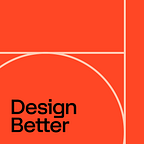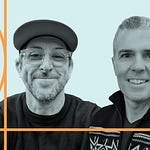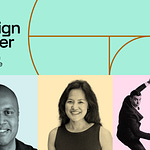In an interview with the Wall Street Journal last year, Detria Williamson, former Chief Marketing Officer of IDEO, said that “diversity can be engineered and inclusion cannot.”
In this episode, we dive deeper into that statement, and also ask Detria what roadblocks she encountered over the course of her career—from working as a head of marketing in Dubai, to her most recent role at IDEO. We also ask her about what it means when design becomes commoditized, and how remote and hybrid work impact inclusivity.
Bio
Detria Williamson is an internationally recognized digital marketer, who for over 20 years has helped category-leading companies become experience-led and content-driven. Informed by her experiences living and working from the U.S., London, Singapore, and the Middle East, she created the ICX (inclusive customer experience) approach, enabling visionary leaders to embrace inclusivity as an end-to-end element of their business ecosystem.















